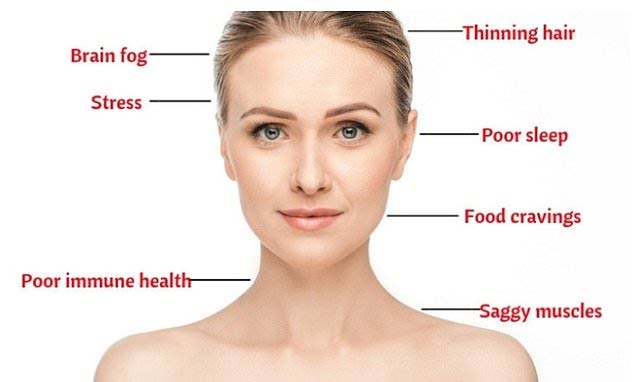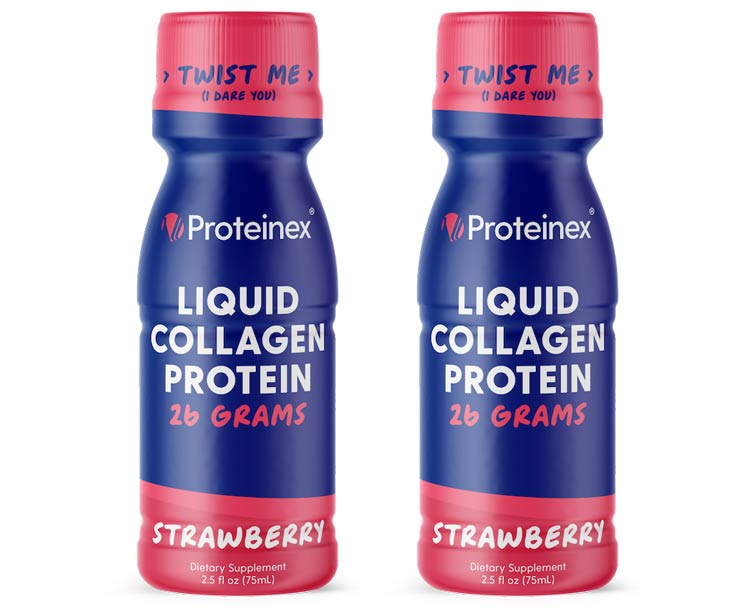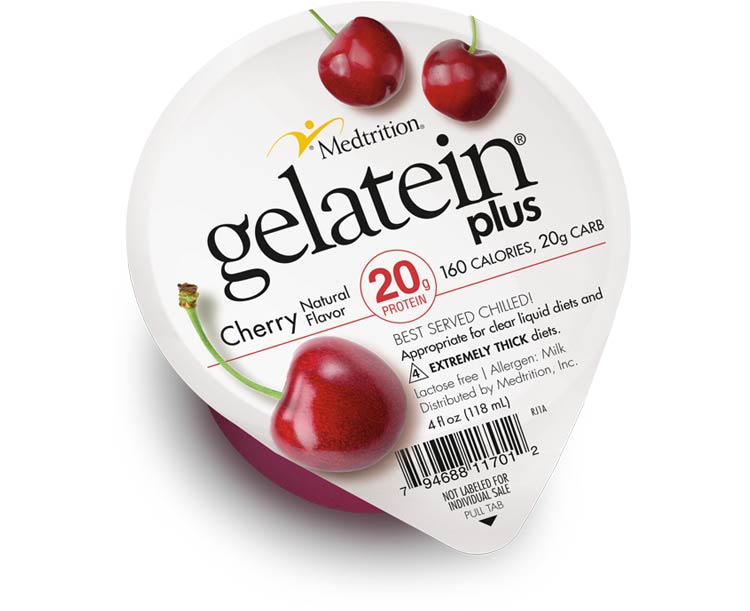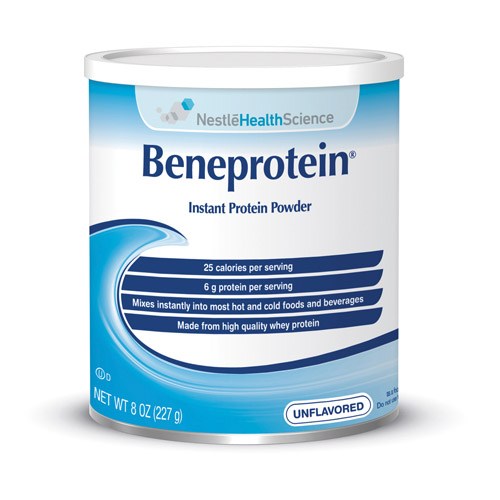
Call 1-631-753-8390 or Contact Us - We're Happy to Help!
Please choose a body region on the right for you to pin point the problem area of your body.

Shop by Condition

Shop by Brand
As we delve deeper into the world of nutrition and health, we discover that maintaining a balanced diet is more than just managing our calorie intake. One crucial aspect of our diet that often goes unnoticed is our protein intake. What happens to your body if you don’t get enough protein , though? This essential nutrient plays a vital role in maintaining our overall health and wellbeing, so let's dive in and find out more.
 Unanticipated Fatigue and Muscle Weakness
Unanticipated Fatigue and Muscle WeaknessYou might have heard that protein is essential for building and maintaining muscle mass. That's because the amino acids in protein are the building blocks for muscle tissues. If you are not consuming enough protein, your body might start to break down muscle tissues to meet its protein needs. This can lead to muscle weakness and fatigue. Additionally, protein provides a source of sustained energy. Without sufficient protein, you may experience a persistent feeling of tiredness and lethargy, even when you're getting enough sleep.
Protein isn't just important for our internal health; it also plays a significant role in maintaining our external appearance. Keratin, a type of protein , is a critical component of our hair, skin, and nails. If you are not getting enough protein, it might reflect in the health of these parts of your body. You may notice that your hair becomes thin, brittle, or falls out more easily. Your skin might become dry, and your nails could become weak and brittle. These changes can significantly affect your appearance and may be a sign that your body is not getting the protein it needs.
Protein is vital for supporting our immune system. It helps in the production of antibodies, which are necessary for fighting off infections and illnesses. If you aren't taking in enough protein, your immune system might be compromised, making you more susceptible to frequent illnesses. If you notice that you are getting sick more often or it's taking you longer to recover, this could be a sign that you are not getting enough protein in your diet.
Recognizing that you are not consuming enough protein is the first step towards improving your health. If you are interested in home healthcare products, there are several tools and supplements available that can help you monitor and increase your protein intake.
Nutrition tracking devices or apps can help you track your daily protein intake and highlight if you're falling short. Protein supplements can also be considered, especially for those who have dietary restrictions or have difficulty incorporating enough protein into their meals.
However, it's essential to remember that supplements should not replace a balanced diet. It's best to get your protein from whole foods, like lean meats, fish, eggs, dairy, legumes, and nuts. If you are considering making significant changes to your diet or starting a supplement regimen, always consult with a healthcare provider first.
In conclusion, not getting enough protein can have various impacts on your body, from causing fatigue and muscle weakness to affecting the health of your hair, skin, and nails. By recognizing these signs, you can take steps to ensure you're meeting your protein needs.
| |
|---|
 Pro-Stat Liquid Protein and Uti-Stat for UTIs |
| |
|---|
 PROTEINEX 2GO, High Protein Shot |
 Gelatein Plus High Protein & Calorie Gelatin Dessert |
 Resource Beneprotein |
| Stay Connected! | |
|
|
|
Related Articles
Get $10 off your next order when you sign up to receive our email newsletter.*
Simply enter your email address below!
*Minimum order value of $100. Valid email address to qualify.







